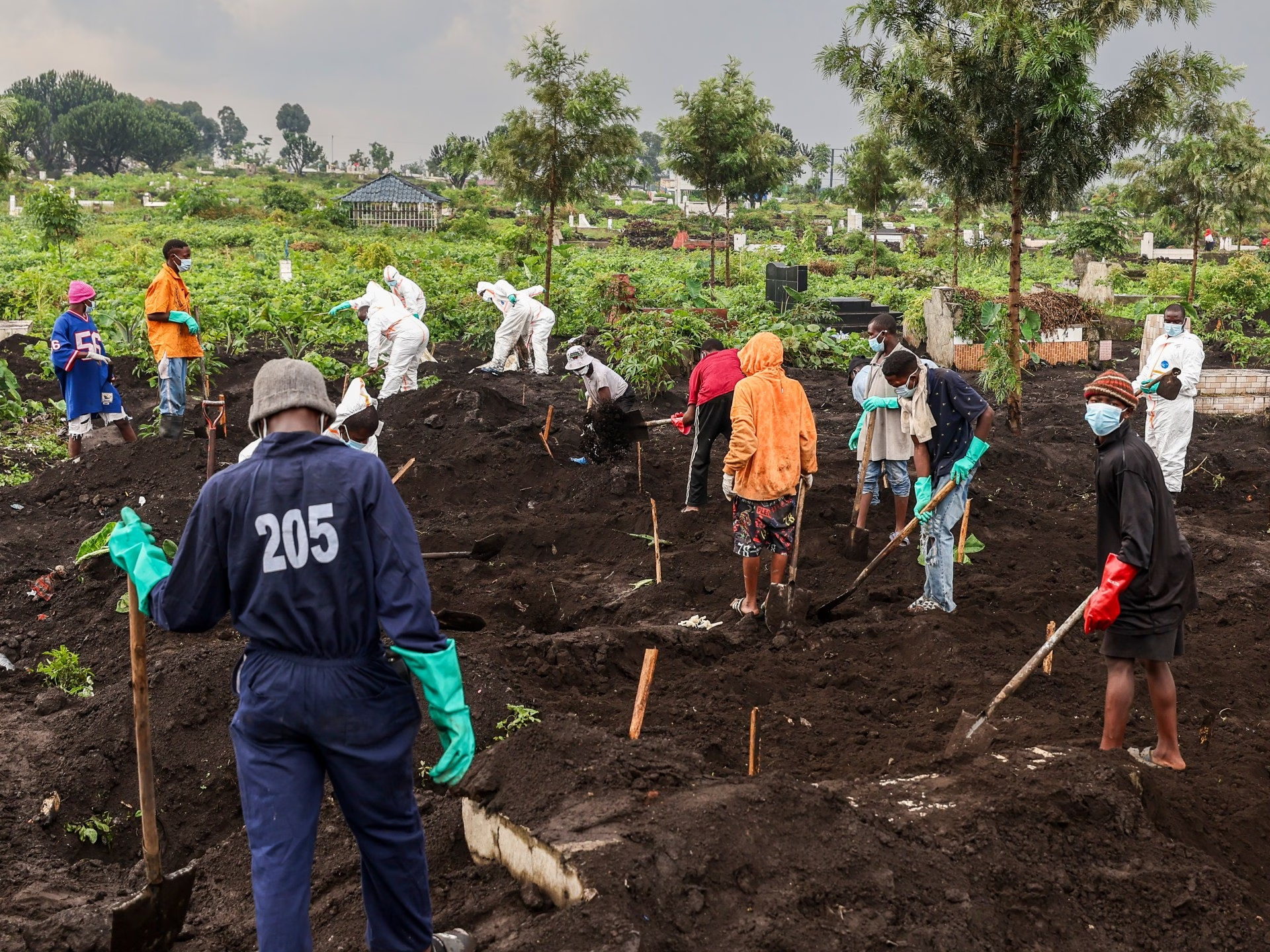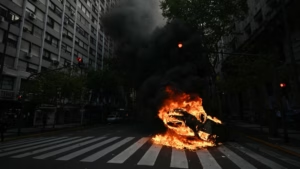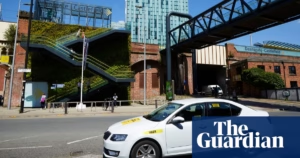In various parts of the Democratic Republic of the Congo (DRC), communities are either preparing for conflict or fleeing to safety amidst the advancement of M23 rebels, who recently captured important cities like Goma and Bukavu, leaving devastation in their wake. Despite the United Nations asserting that the rebel group is supported by neighboring Rwanda, their inroads towards the major mining hub of Walikale persist. Additionally, the Congolese government’s offer of a substantial reward for the capture of M23 leaders seems to have had no impact on the group’s momentum.
As M23 continues to advance in North and South Kivu, the Ugandan military has intensified their deployments near the DRC border in Ituri province, not far from territories held by M23. Uganda claims to be combating the Allied Democratic Forces (ADF) and the Cooperative for the Development of Congo (CODECO), among numerous other armed groups operating within the DRC. A recent surge in attacks by CODECO resulted in at least 51 civilian deaths, prompting Uganda to send additional troops to bolster their 5,000-strong presence within the DRC.
For political analysts, the increasing presence of Rwandan and Ugandan troops in the DRC is reminiscent of a painful past, evoking fears of a potential larger regional conflict if not contained. Analyst Paul Nantulya of the Africa Center for Strategic Studies refers to the situation as a replay of the Second Congo War, also known as the 1998 “Great Africa War,” where both countries played significant roles in invading the DRC.
The involvement of several African countries in the 1998-2003 conflict, each backing either the DRC or the Rwandan-led side, resulted in a humanitarian crisis with estimated five million deaths, the pillaging of the DRC’s mineral resources, and the emergence of numerous armed groups, including M23. Today, illicit mining and smuggling from DRC’s mines, which supply a large portion of the global demand for coltan and cobalt used in electronics, remains an ongoing issue, contributing to deaths and displacements due to armed group activities.
International pressure and coercive measures, such as the European Union’s suspension of military aid to Rwanda and U.S. sanctions on key Rwandan military officials, have so far failed to deter the current conflict.
The history of the DRC is fraught with over three decades of low-level violent conflict, resulting in millions of deaths and displacements. A complex mix of issues, including grievances from Kigali about the DRC harboring anti-Rwanda rebels, ethnic tensions within the DRC, competition for mineral resources, and governmental corruption, has fueled the conflicts.
The two Congo Wars were sparked by Rwanda’s invasion of the DRC in pursuit of Hutu genocidaires who fled to the DRC after the 1994 genocide. Uganda, where Rwandan President Paul Kagame and his troops trained, sided with Rwanda. Both countries supported a Congolese rebel group against dictator President Mobutu Sese Seko. However, when Mobutu’s successor, Laurent Kabila, seized power, he expelled Rwandan and Ugandan troops, leading to retaliatory invasions by Rwanda and Uganda, which backed Tutsi militias occupying resource-rich eastern DRC.
Despite the end of the Congo wars in 2003, low-intensity violence has continued, with accusations of targeting Hutu civilians, looting, and smuggling of the DRC’s resources by Rwanda and Uganda. The International Court of Justice (ICJ) found Uganda guilty of violating international law in 2022 and ordered it to pay $325 million in reparations to the DRC, while a case by the DRC against Rwanda for supporting M23 at the East African Court of Justice remains ongoing.
Analysts argue that for the DRC to experience peace, African countries must pressure all sides to negotiate and address the internal issues within the DRC, such as President Felix Tshisekedi’s legitimacy crisis and the country’s military weaknesses. Additionally, addressing the marginalization felt in Congolese-Tutsi communities is crucial to easing tensions. Recent calls for national dialogue by Kinshasa, along with peace talks mediated by regional parties, are seen as steps in the right direction. The International Criminal Court’s pledge to prosecute all parties accused of rights violations could also contribute to a resolution. The message from analysts is clear: The DRC needs a break not just for its own sake but for the benefit of the entire African continent.
Source: https://www.aljazeera.com/news/2025/3/13/people-need-a-break-drc-conflict-reignites-dark-memories-of-congo-wars?traffic_source=rss







